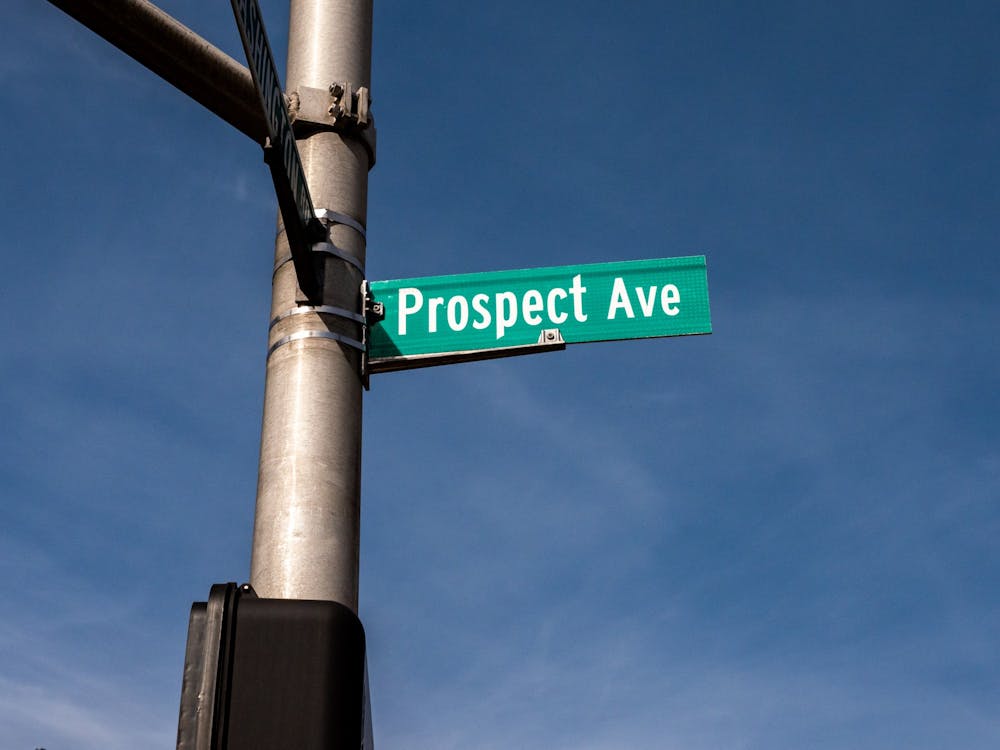Last week, The Daily Princetonian analyzed more than a decade of eating club tax returns. The ‘Prince’ found the highest-paid employee of every club, the impact of the COVID-19 pandemic on food and beverage costs, and the change in each club’s net assets over time.
Here are four interesting points from the analysis:
The Ivy Club pays the highest property tax. Tower doesn’t pay any.
Ten of the 11 eating clubs pay taxes based on a percentage of their property values, which this year averaged roughly $66,000. Ivy pays the most at almost $113,000, and Terrace pays the least at close to $44,000.
Tower is the only club that does not pay property taxes. The eating club qualifies for this exemption as the club has in the past loaned out a room for precepts and seminars for courses in the history and School of Public and International Affairs departments. Under New Jersey law, educational institutions qualify as non-profit organizations and therefore receive an exemption from paying property taxes.
In 2016, the University agreed to pay $18.2 million to the town and some of its lower-income residents who received property-tax relief, after a lawsuit challenged Princeton’s tax-exempt status.
Cottage had the highest income from its investments, but Colonial had the highest returns.
According to the ‘Prince,’ Cottage had the highest income on its investments in 2019 at over $265,000. It made more than three times that of the next highest-earning club, Colonial.

Colonial, however, has higher stock returns, at a little over 5 percent. Cloister, on the other hand, had an investment return of just 0.008 percent — only a $34 return on its $424,307 investment.
In 2020, Quadrangle’s (Quad) self-reported property value was substantially less than Mercer County’s evaluation.
Each year, the clubs can report that their property values have depreciated, lowering their net assets and potentially allowing them to pay lower taxes. Both Cloister and Quad have reported significant depreciation in their property value in recent years — over 70 percent lower than the original price.
There have been discrepancies in county property value evaluations and Quad’s personal evaluations. While Mercer County evaluated Quad to be worth $2,185,000, the club reported its property value to be just under $600,000 in 2020.

Despite the drop in food and beverage costs during the first spring of the pandemic, Terrace spent more in the 2019–2020 school year than the year before.
Due to the COVID-19 pandemic, the 2019–2020 school year went virtual for almost a third of the academic year, leading all of the clubs to spend less on food and beverages than the year before.
Perhaps due to this drop, all the eating clubs had lower overall spending in 2019–2020 except Terrace, which had a higher spending total.
That year, Terrace spent roughly $108,000 less than the previous year on food and beverages, but its overall spending for all expenses was about $50,000 higher.
Laura Robertson is a Staff News Writer for the ‘Prince.’
Please send any corrections requests to corrections[at]dailyprincetonian.com.








